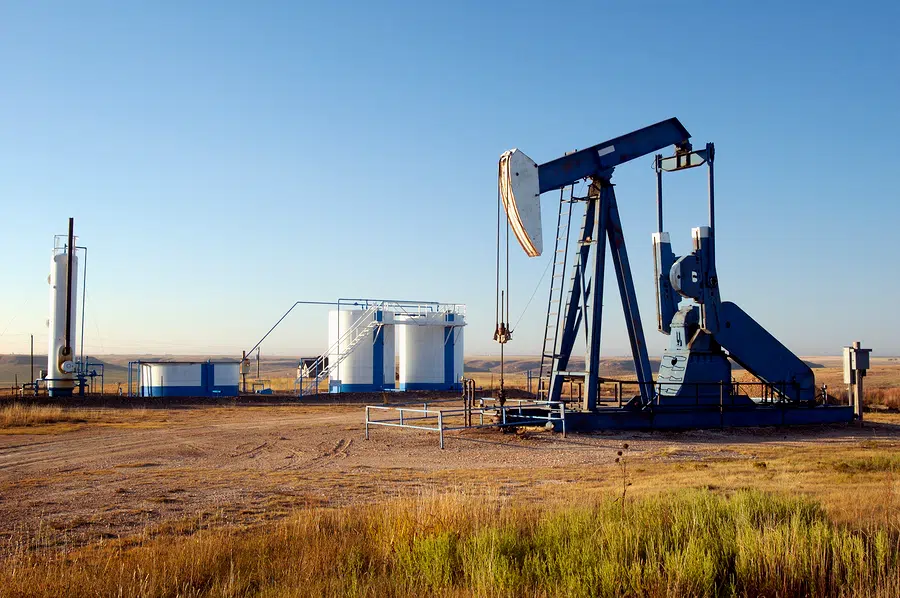
GPPA president: Local oil/gas sector busy despite revised PSAC drilling forecast
The local oil and gas sector remains busy despite the Petroleum Services Association of Canada cutting its 2018 Canadian drilling forecast by seven per cent.
President of the Grande Prairie Petroleum Association Rob Petrone says industry here hasn’t noticed a drop.
“Close to home activity levels are very similar to last year and development continues to happen not only from the drilling side but also there is some big capital projects in the books and construction underway to develop facilities to be able to get this product to market.”
He adds while companies are busy, there are many job vacancies not being filled.
